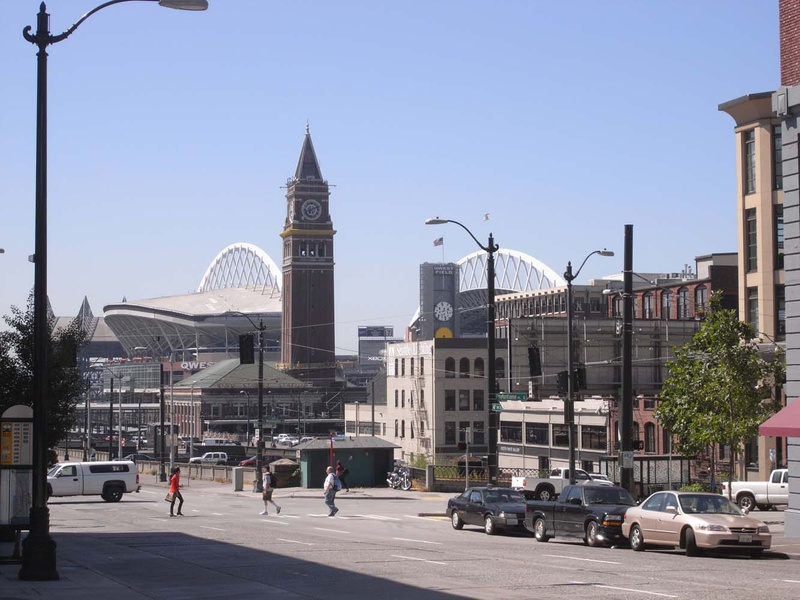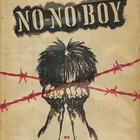After serving two years in prison, Ichiro returns to his home in Seattle. However, his return home is not a relaxing one, and he feels the cold stares of those who did not go to war. Meanwhile, his hatred for his mother, who believes that Japan had not lost, grows, and he is tormented by the question of why he could not turn his back on his mother and Japan.
Insanity and hatred towards my mother explode
In the second chapter, Ichiro's anger and frustration towards his mother continues from the first chapter. Ichiro dares to question his mother, who blames Bob, a Japanese-American who died in the war, and his mother, for being punished because they are no longer Japanese. His mother responds:
"What if I joined the military and got shot like Bob?"
"Then I'll probably die too."
"Are you going to die like me?"
"Yes, I will die when you join the American army. Even if you decide to join the American army. I will die if you ever feel like giving up being Japanese and joining the American army. I will die long before you are hit by a bullet. But you will not go, because you are my son."
Ichiro calls his mother crazy. He then becomes even more aggressive towards his mother, who he sees as a mirror of himself. When his mother boasts that her strength is her son's, Ichiro explodes with hatred.
"It's not your strength, you idiot, your mother is an idiot. I inherited your insanity. Look at me," Ichiro grabbed his mother's wrist and tried to rip her hand away from his face, "I'm as insane as you are. Look at your insane son. You can see the insanity you are."
Saying this, Ichiro drags his mother to the bathroom and tries to force her in. He then knocks down his father who tries to stop him. Ichiro then comes to his senses, and is filled with a sense of guilt towards his father, apologizing "I'm sorry, I'm sorry," and reflecting on what he's done.
A friend who can't hide his irritation
After this, Ichiro leaves home to visit his old friend Freddie. Freddie, like Ichiro, had been in prison for refusing to be drafted, but had been released five weeks earlier and returned home. Ichiro wanted to know from Freddie how people like them were viewed by the Japanese community, especially those who had gone to war.
However, he couldn't get anything clear from Freddie. When he met Freddie for the first time in a long time, he had completely changed. His careless attitude and irritation were evident in his words and actions. He tried to live life to the fullest, day by day, but he was having an argument with a Japanese woman who lived in the same apartment building and had a husband.
Ichiro, who sensed from Freddie's words that Japanese Americans like Ichiro and his friends were treated badly by their compatriots, as symbolized by the term "No-No Boy," asks if there were any disputes. Freddie replies,
"We were wrong."
"What a fight. You and I made the wrong choice. So what? We don't have to stop living."
Freddie even said that it would have been better if he had been hit by a German assassin, but Ichiro could sense that he was actually suffering. But deep inside his heart, something was covering him and he couldn't get into it.
Ichiro thought there wasn't much he could learn from Freddie.
"I'll come back, Shorty. I want to see it for myself, you know? I want to hop on a bus and go around town."
And with that, I decided to leave my friend and go into town to sort my feelings out.
This is where the second chapter ends. Freddie appears again, but in a different sense to Ichiro, he is carrying the cross of not being able to live well. Meanwhile, Ichiro continues to ask himself more questions and wanders around.
(Translation by the author)
© 2016 Ryusuke Kawai







